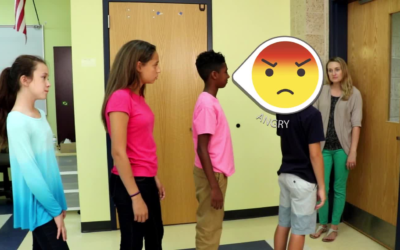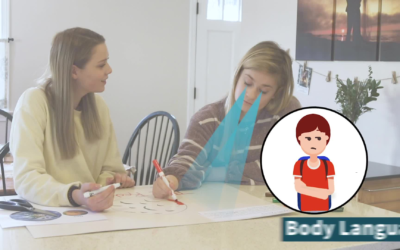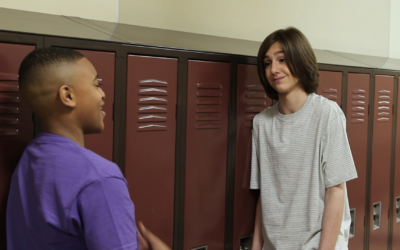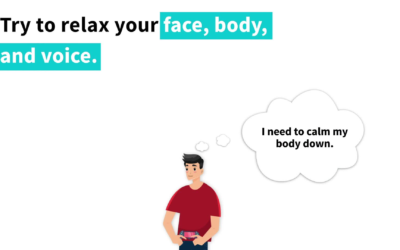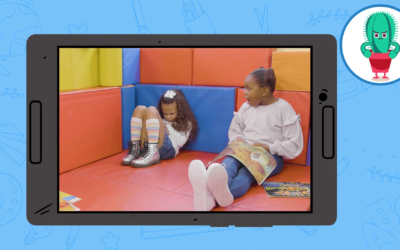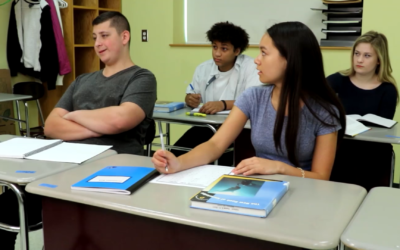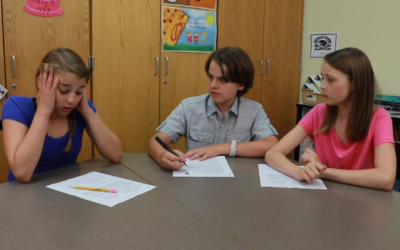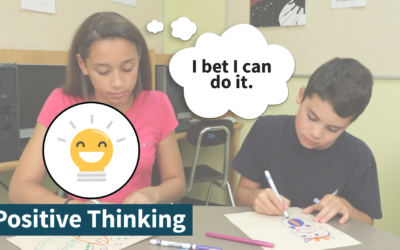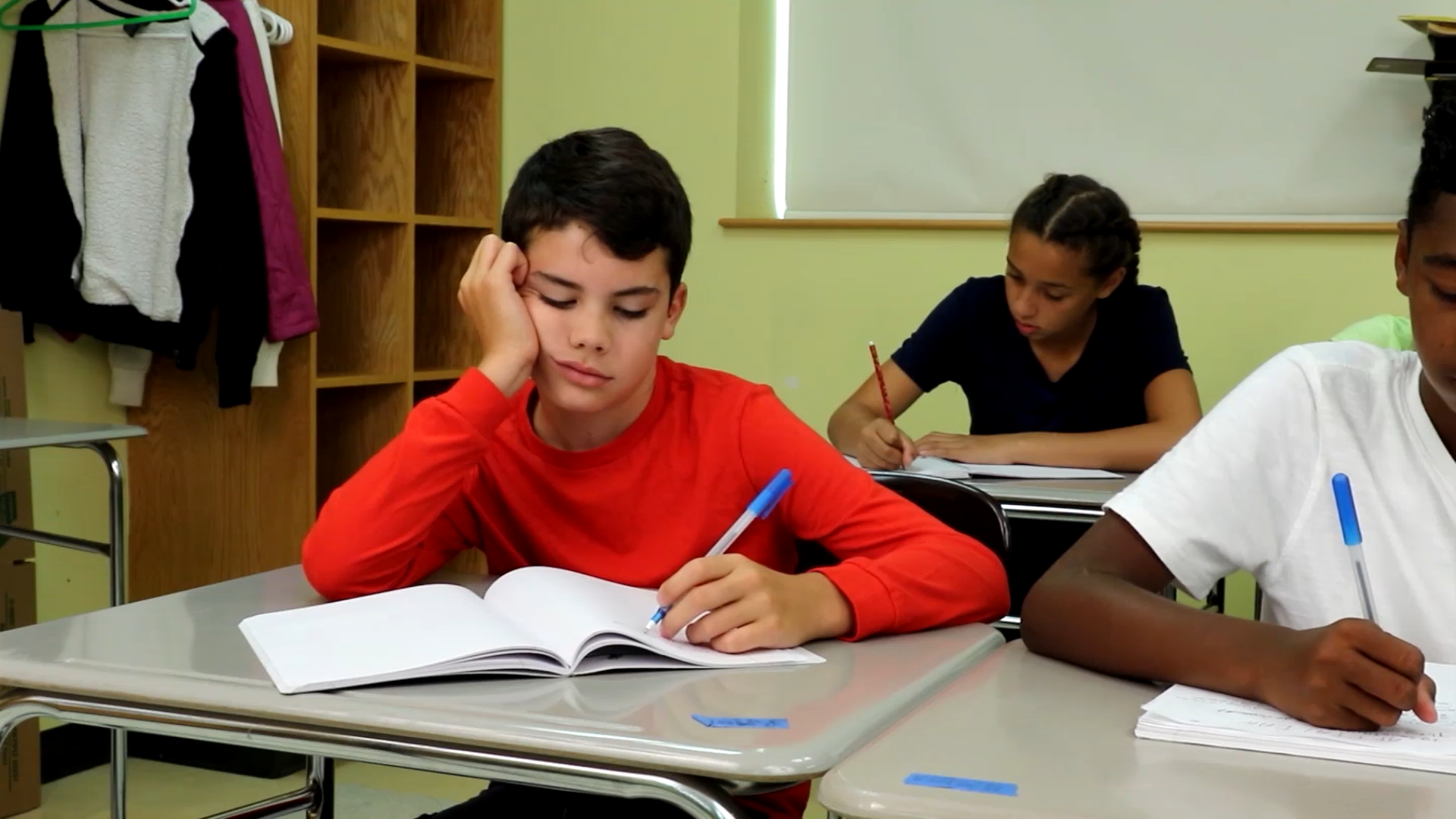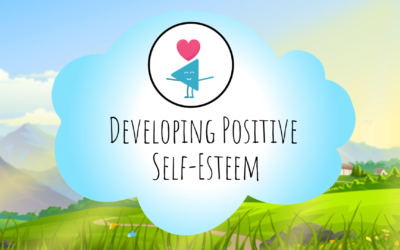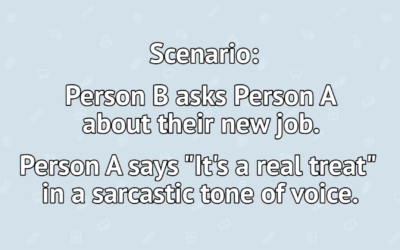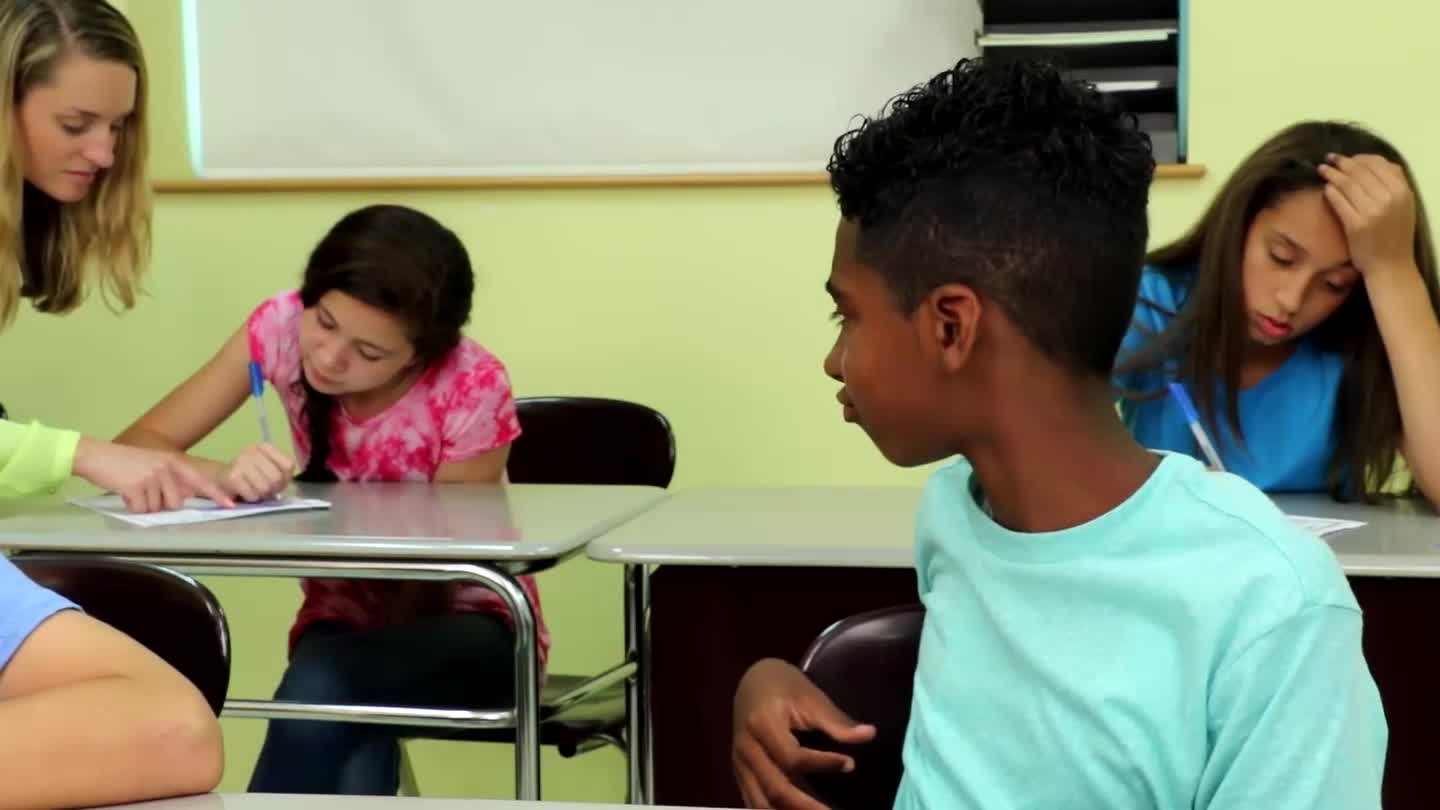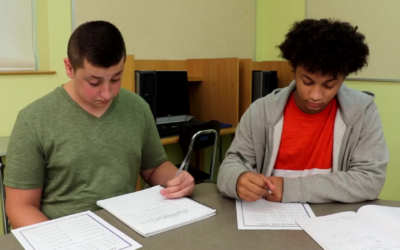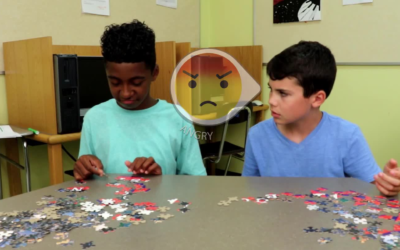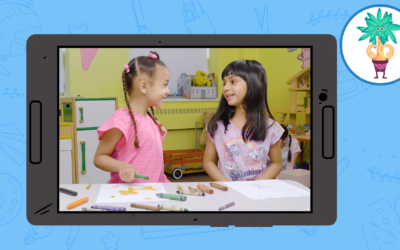Everyday Speech Blog
Social Skill Lesson Plans and Articles
No Results Found
The page you requested could not be found. Try refining your search, or use the navigation above to locate the post.
No-Prep Activities
Teaching Fairness and Group Consideration: Letting Others Be First Too
As educators, we often encounter situations where students want to be first in line, during games, or other activities. This desire to be first can sometimes lead to conflicts or hurt feelings among classmates. In this blog post, we will explore a simple, no-prep...
Teaching High School Students Conversation Drivers and Stoppers
Introduction High school students face numerous social situations daily, and effective communication is crucial for building strong relationships. One essential aspect of communication is understanding Conversation Drivers and Conversation Stoppers. Conversation...
Teaching the Conversation Share Skill: A Guide for Educators
Introduction In the world of Social-Emotional Learning, the ability to share conversations effectively is a pivotal skill for students. Conversation sharing involves taking turns to talk, listening attentively, and keeping comments balanced in length. By mastering...
Helping Kindergarten Students Adapt to Changing Plans
When our plans change, it can be difficult and make us feel worried or upset. We can even feel out of control sometimes. Change can occur with people, settings, or schedules. People change, like when we have a substitute teacher instead of our regular teacher....
Teaching Kindergarten Students to Stay Calm When Angry
Introduction As educators, it is crucial to teach young students how to manage their emotions and stay calm when they feel angry. Social-Emotional Learning (SEL) plays a vital role in helping children develop healthy coping mechanisms and strategies to handle...
Teaching Kindergarteners the Importance of Showing Respect to Adults
Introduction Teaching respect to young children is essential for their social-emotional development. By learning to show respect to adults, kindergarten students can develop essential skills such as listening, following directions, and understanding the importance of...
Switching Tracks: Guiding Students Through Change Calmly
Change is inevitable, and it can be challenging for everyone, especially for students. As educators, it's essential to help students develop strategies to handle change calmly and adapt to new situations. In this blog post, we'll explore a no-prep activity to teach...
Developing Resilience and Positive Thinking in Students
Introduction As educators, we aim to empower our students with the ability to face challenges and overcome obstacles. One crucial aspect of this is teaching them to maintain a positive mindset, even when things get tough. By fostering resilience and positive thinking,...
Developing Self-Control and Body Awareness Skills in Special Education Students
As educators, it is important to teach students the skills they need to maintain self-control and be aware of their body's signals. By incorporating principles of Social-Emotional Learning, we can help students develop the necessary skills to navigate their emotions,...
Boosting Self-Esteem in Elementary Students: Activities and Discussions
Introduction Self-esteem is the belief in one's own self-worth, and it plays a crucial role in a child's development. It's not about boasting; it's about recognizing that you are important, loved, and talented. Building self-esteem in elementary students can help them...
Act It Out! Role Playing Game: Tone of Voice in Social Situations
Introduction Communication is a crucial aspect of our daily lives, and understanding the nuances of tone of voice is vital for effective interactions. Welcome to Act It Out!, an engaging role playing game that helps students explore the significance of tone of voice...
Guess What Happens Next: A Social-Emotional Learning Activity for Kindergarten Students
Introduction Social-Emotional Learning (SEL) is essential in helping young students develop the skills they need to navigate various social situations. In this blog post, we will introduce an engaging activity called "Guess What Happens Next," designed for...
Teaching Positive Social Choices with Fork in the Road
Introduction As educators, it's essential to help our students develop positive social skills and understand the impact of their actions on others. One effective way to teach these skills is through interactive activities that promote reflection and discussion....
Teaching PreK Students to Share and Ask Permission While Playing
Introduction Playing together is an essential part of children's development, helping them to learn social skills and build relationships. However, it is crucial to teach young learners the importance of sharing and asking permission when playing with others. This...
Teaching Kindergarten Students to Care About Others
Introduction Teaching young students to care about others is an essential aspect of their social-emotional development. By learning to show empathy and concern for the feelings of others, children can form strong bonds and develop healthy relationships. In this blog...

